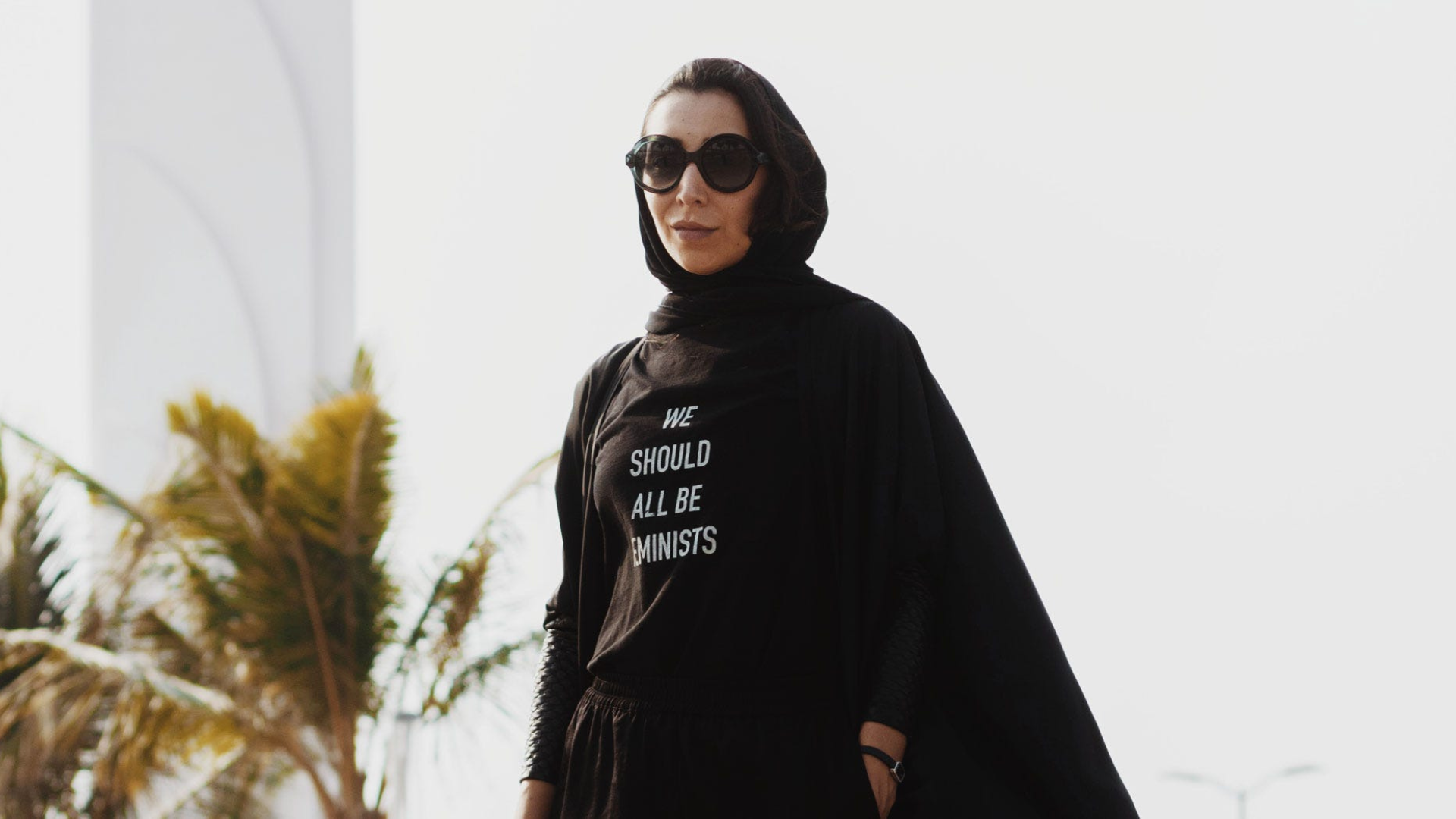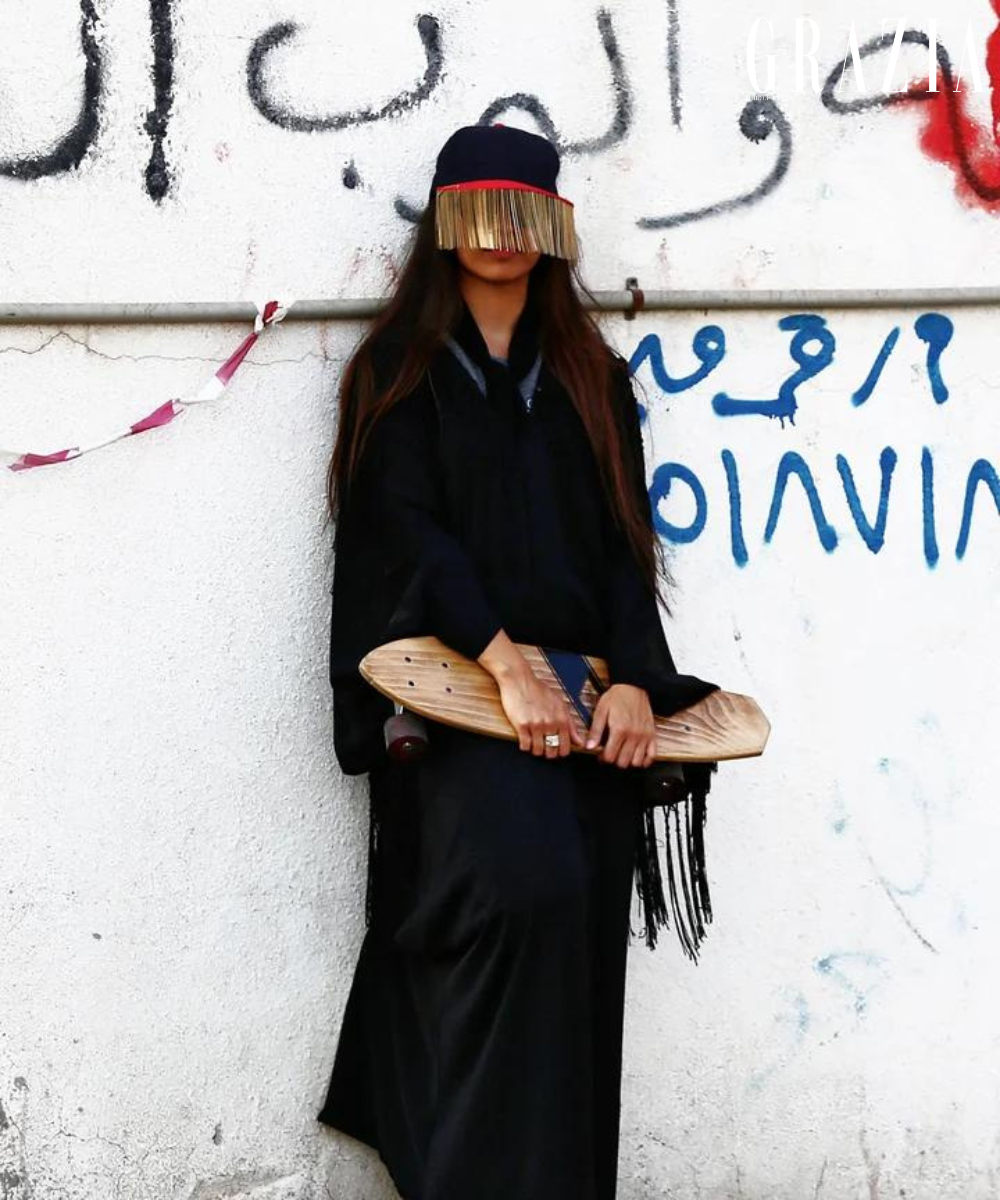
Under the leadership of Crown Prince Mohammed bin Salman and his Vision 2030, Saudi women have stood to benefit a great deal. With a steadfast approach to the modernisation and progress of women, the government of Saudi Arabia is leaving no stone unturned as it works to uplift its economy.
A kingdom once very restrictive is now making historic strides with new social reforms. Saudi women can now unleash their full potential and look forward to a bright future. Here, GRAZIA outlines just some of the great advancements.
Women get behind the wheel
Saudi Arabia’s Crown Prince Mohammed bin Salman issued a decree in September 2017 granting women the permission to obtain a license and drive. This revolutionary reform marked a historic moment and lots of praise poured in.
The announcement was long overdue for eager Saudi women and activists. For decades, these incredibly accomplished and well-educated women had been held back due to conservatism. The new rule was a big step towards gender equality and women empowerment as women could finally participate fully in the economy and take charge of their lives without having to depend on men.
Women have blossomed since they were allowed to get their own license and this has been very evident. Reema Juffali became the first Saudi professional race car driver in 2019 and other Saudi women are starting to soar in the motorsport world.

Women were allowed into sports arenas
Another groundbreaking reform by King Salman allowed women to enter sports arenas, a venue previously only accessible to males.
In September 2017, women were allowed into a stadium as an exception to commemorate Saudi National Day. Post that event, an announcement was made by the General Sports Authority to say that three major city stadiums were gearing up to accommodate families from 2018. Women would finally be allowed to be spectators at sporting events alongside men, something unseen before.
This landmark reform eased the rules on gender segregation marking a vital step towards women’s rights.
MAJOR POLICY SHAKEUP
Major controls were deconstructed on August 1, 2019, when amendments to stringent laws were announced addressing major issues on travel, employment and finance.
Women could obtain their own passports and travel outside the country without the permission of a male guardian. They were allowed to register for marriage and divorce as well as the birth of their children. They were also permitted to register as the head of the home, giving them full rights to act on behalf of their children.
Women were also given more shielding from discrimination related to employment. They were also allowed to claim their own independent residence and were not allowed to be fired for pregnancy.
permission to live independently
The Kingdom announced another rule regarding guardianship, which gave women the freedom to live independently and in their own accommodation. They wouldn’t have to get consent from a male head or guardian anymore. The rule applies to women whether they are single, divorced or widowed.
AMENDMENT IN CITIZENSHIP LAW
Following a new decree, the Saudi Ministry of Labour and the Passport General Department announced that Saudi women married to foreign men can pass on Saudi citizenship to their kin.
Their children can apply for citizenship once they turn 18, given that certain conditions are met. This matter had been under debate since 2016, so the approval on 11 January 2023 was a major breakthrough.
Women don’t need to wear a headcover
Women in Saudi Arabia are allowed to dress as they choose as long as their attire is decent and respectful. The loose-fitting abaya or headcover is no longer mandatory according to a reform that was passed in March 2018.
Crown Prince Mohammed bin Salman believes that women should have the freedom to dress as they please, as long as it’s modest. The easing of the strict dress code, in a bid to boost tourism, marked a landmark moment for the kingdom.








